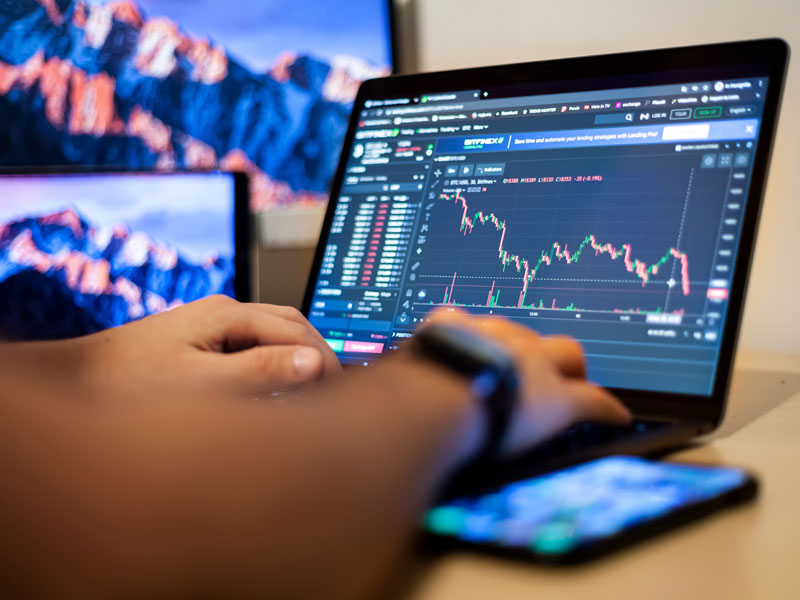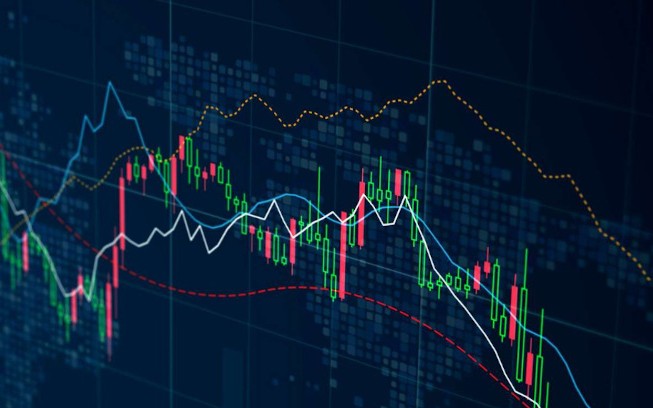The Ultimate Guide to Advanced Forex Trading Techniques

The Ultimate Guide to Advanced Forex Trading Techniques
Forex trading is a complex and dynamic field that requires a solid grasp of various strategies and techniques to succeed. For traders looking to elevate their game, mastering advanced Forex trading concepts is essential. In this article, we will explore different methods for optimizing your trading strategy, including risk management, technical analysis, and psychological aspects of trading. To facilitate your journey in the Forex market, you may find helpful resources such as advanced forex trading Trading FX Broker, which can provide valuable insights and tools.
Understanding Advanced Forex Trading Strategies
Advanced Forex trading goes beyond basic strategies of buying low and selling high. It involves utilizing comprehensive methods that can include algorithmic trading, news trading, and high-frequency trading. Here are some key advanced strategies that can enhance your trading performance:
1. Algorithmic Trading
Algorithmic trading refers to trading based on a set of predefined criteria that dictate when to buy and sell. Traders use complex mathematical models and algorithms to make decisions, which can help eliminate emotional biases and enhance trading efficiency. By backtesting algorithms against historical data, traders can refine their strategies before deploying them in live trading situations.
2. News Trading
Market sentiment can shift significantly based on economic news releases and geopolitical events. Successful news trading requires traders to stay informed and react quickly to data releases, such as unemployment rates and GDP figures. Implementing a news trading strategy involves timing your trades correctly, ensuring you factor in potential volatility during these key moments.
3. High-Frequency Trading (HFT)

HFT involves executing a large number of orders at extremely high speeds, often within milliseconds. This approach can profit from small price movements that occur frequently. However, it requires access to advanced technology and a reliable trading infrastructure, making it more suitable for institutional traders rather than retail investors.
The Importance of Risk Management
One of the most critical aspects of advanced Forex trading is effective risk management. Successful traders adhere to strict risk management protocols to protect their capital. Here are some essential risk management techniques:
1. Position Sizing
Determining the right position size is vital to managing risk. Using the concept of „fixed fractional“ risk, traders calculate the allowable risk amount per trade as a percentage of their total account balance. This systematic approach helps in controlling potential losses and making informed trading decisions.
2. Setting Stop-Loss Orders
Stop-loss orders are designed to limit losses on a trade. By setting a specific price level at which you will exit the trade if it goes against you, you can mitigate losses and protect your capital. Advanced traders often use different types of stop-loss orders, such as trailing stops, to lock in profits while allowing for further potential upward movement.
3. Diversification
Diversifying your trading portfolio by using multiple currency pairs can reduce risk exposure. Instead of putting all capital into one currency, spreading investments across various pairs can help manage overall risk, as different pairs may respond differently to market events.
The Psychological Aspect of Trading

Trading psychology plays a crucial role in advanced Forex trading. Emotional discipline can significantly impact a trader’s ability to stick to their strategy and manage risk effectively. Here are some psychological challenges traders often face:
1. Overcoming Fear and Greed
Fear of losing money can lead to missed opportunities, while greed can result in overtrading and poor decision-making. Successful traders learn to recognize these emotions and manage them through self-discipline and adherence to their trading plans.
2. Developing a Trading Routine
Establishing a consistent trading routine can help maintain focus and discipline. This routine may include regular analysis of market trends, reviewing past trades, and ensuring that emotional states do not affect trading decisions.
3. Journaling Trades
Keeping a trading journal allows traders to analyze their performance, reflect on their decision-making processes, and identify patterns in their behavior. This practice can enhance self-awareness, which is critical for improving future trading strategies.
Conclusion
Advanced Forex trading requires a blend of technical know-how, strategic planning, rigorous risk management, and psychological resilience. By embracing sophisticated strategies such as algorithmic trading and news trading, implementing effective risk management techniques, and mastering the psychology of trading, traders can significantly enhance their performance in the Forex market. Continuous learning and adaptation to market changes are crucial in this ever-evolving landscape, and utilizing resources like Trading FX Broker can provide invaluable support along the way.